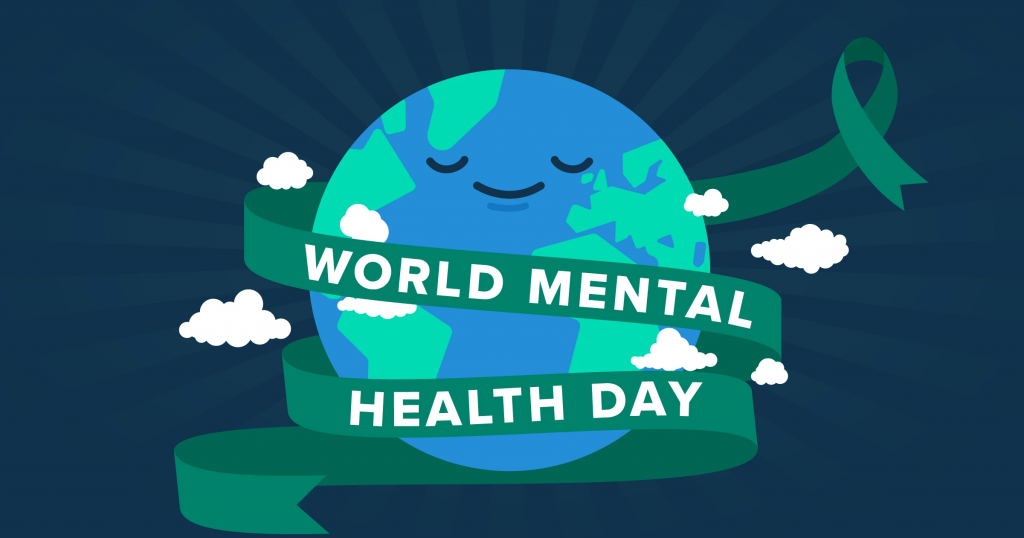London, 10 October 2023: The connection between mental health and the digital world is intricate. In a time where technology permeates every aspect of our lives, understanding the impact that activities like gaming and online gambling can have on mental health is more important than ever.
The UK government’s recent Suicide Prevention Strategy underscores the need to comprehensively address mental health challenges. “Harmful gambling” has been identified as a key risk factor linked to suicide, highlighting the necessity for a cross-sector approach to combat rising suicide rates and contributing factors. This strategy recognises the broader role digital experiences play in shaping both adult’s and young people’s mental well-being.
In this blog, Tom Moodey, Communications Officer at Ygam, explores how mental health and the digital world intersect positively and negatively and how days like World Mental Health Day emphasise the importance of ongoing conversations regarding young people’s mental health and suicide within the digital context.
Gaming, Isolation, and Mental Health
Gaming has become a widespread form of entertainment for people of all ages. However, the intensity of gaming, especially among young people, has raised concerns about its impact on mental health. According to a report by YoungMinds, gaming can provide a sense of belonging, relaxation, and connection, helping young people find a community of like-minded individuals and a sense of achievement.
Nevertheless, excessive gaming has been linked to social withdrawal and neglect of real-life relationships, potentially contributing to social isolation and anxiety. Research has long recognised the link between social isolation and mental well-being, with strong social connections reducing the risk of depression. Gaming can be a way to connect with others, but it can sometimes have the opposite effect.
Some young people turn to gaming as a means of escapism or coping, which can be unhealthy, promoting isolation, deterring healthy relationships, and increasing vulnerability to poor decisions or physical isolation. Therefore, it is crucial for parents, caregivers, teachers, and those who have influence over young people to engage in open conversations with them about the importance of a healthy balance, ensuring that they remain present in their reality and approach gaming as an addition not a replacement to their physical lives.
Online Gambling and Mental Health
The government’s strategy acknowledges “harmful gambling” as a risk factor associated with suicide, emphasising the urgency of addressing gambling harms to mitigate suicide risks.
Research from the Mental Health Foundation suggests that excessive gambling can harm mental health, leading to anxiety, depression, and stress. Gambling-related financial losses can be a significant source of stress, while gambling harms can result in social isolation and strained relationships. Like gaming, some individuals turn to gambling to escape life’s problems. According to the Gambling Commission’s Young People and Gambling Survey, 0.9% of 11- to 16-year-olds were identified as ‘problem gamblers’, with 2.4% considered ‘at-risk’.
However, it is arguably at the convergence between gaming and gambling, in the form of in-game purchases like ‘loot boxes’, that young people could unknowingly be experiencing both gaming and gambling harms, with little safeguarding in place. Current research suggests that there are consistent correlations between loot box spending and harmful gambling, however, there’s minimal evidence at the moment to suggest relationships between such spending and mental wellbeing or psychological distress.
Social Media and Mental Health
Beyond gaming and gambling, the impact of social media on mental health cannot be underestimated. Children and young people with pre-existing mental health vulnerabilities may be more susceptible to the negative effects of digital experiences, including social media.
A study from the London School of Economics reveals that social media platforms often present an idealised version of reality, leading to feelings of inadequacy, low self-esteem, and social comparison. For young people already dealing with mental health challenges, these negative emotions can intensify.
Despite the perception that social media platforms like TikTok are inherently social, the reality for young people has shifted. Rather than actively creating and sharing content, children have become passive consumers of professionally produced material. Ofcom argues that the landscape has changed, with children posting less original content, resulting in a feed dominated by polished, commercialised content. This, in turn, perpetuates an idealistic and fictional form of reality, created by content creators that encourages young people to feel inadequate with their lives and exacerbates feelings of unworthiness or failure.
The digital world presents both opportunities for connection and entertainment, and risks that can impact young peoples’ well-being. As we mark World Mental Health Day, it’s imperative to raise awareness about the relationship between mental health and the digital world.
The UK government’s Suicide Prevention Strategy emphasises the need for a holistic approach to mental health, acknowledging the role of digital experiences in shaping the lives of young individuals. By addressing the potential risks associated with gaming, online gambling, and social media, we can work toward creating a healthier digital environment for all, where mental well-being is a top priority. It is through education, support, and open conversations that we can empower young people to navigate the digital world while becoming more resilient and given the tools to safeguard their mental health.




